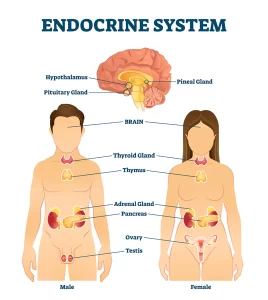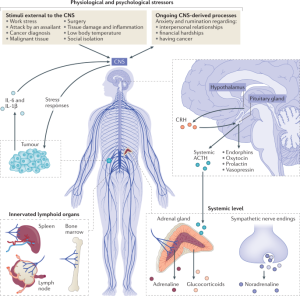Introduction
Alcohol consumption has long been a subject of interest in its effects on human health. Recent research has delved into its impact on male fertility, specifically on sperm quality and count. Understanding the correlation between men’s alcohol intake and fertility sheds light on potential implications for reproductive health.
Alcohol Consumption Patterns and Sperm Quality
Quantifying Alcohol Intake
Studies indicate that moderate to heavy alcohol consumption can negatively influence sperm quality. The frequency, duration, and quantity of alcohol intake often play a pivotal role in assessing its impact on sperm parameters.
Sperm Morphology and Motility
Alcohol consumption has been associated with alterations in sperm morphology and motility. Higher alcohol intake levels often correlate with decreased sperm quality, affecting the shape and movement of sperm, crucial factors in successful fertilization.
Impact on Sperm Count
Alcohol and Spermatogenesis
Research suggests that alcohol can disrupt the process of spermatogenesis, the production of sperm cells in the testes. Chronic alcohol consumption might impede this process, leading to a reduction in sperm count.
Hormonal Effects
Alcohol’s influence on hormonal balance, particularly testosterone levels, can further impact sperm production. Imbalances in hormonal levels due to alcohol intake might contribute to decreased sperm count and fertility issues.

Fertility and Conception
Link Between Alcohol Consumption and Fertility
The relationship between paternal alcohol consumption and fertility is complex. While moderate alcohol intake may not significantly affect fertility in some cases, heavy and prolonged consumption can contribute to reduced fertility rates and difficulties in conception.
Role in Assisted Reproductive Techniques
For couples undergoing assisted reproductive techniques, male alcohol consumption might affect the success rates of procedures like in vitro fertilization (IVF) or intracytoplasmic sperm injection (ICSI). Understanding this correlation is crucial in optimizing the outcomes of fertility treatments.

Mechanisms and Future Implications
Oxidative Stress and DNA Damage
Alcohol consumption can lead to increased oxidative stress in the body, causing damage to sperm DNA. This damage can impact fertility and might even result in adverse effects on the health of offspring.
Epigenetic Modifications
Emerging research explores the potential for alcohol-induced epigenetic changes in sperm, influencing gene expression patterns in offspring. Understanding these modifications is essential for comprehending the intergenerational effects of alcohol consumption on fertility.

Conclusion
In conclusion, while moderate alcohol consumption might not significantly impact male fertility in some cases, heavy and prolonged intake can lead to adverse effects on sperm quality, count, and overall fertility. Understanding the nuances of this correlation is vital in promoting reproductive health and addressing fertility concerns in couples. This article provides a comprehensive exploration of the correlation between men’s alcohol intake and its impact on sperm quality, count, and fertility. It aims to highlight the importance of understanding these relationships for both individuals and healthcare professionals involved in reproductive health.




